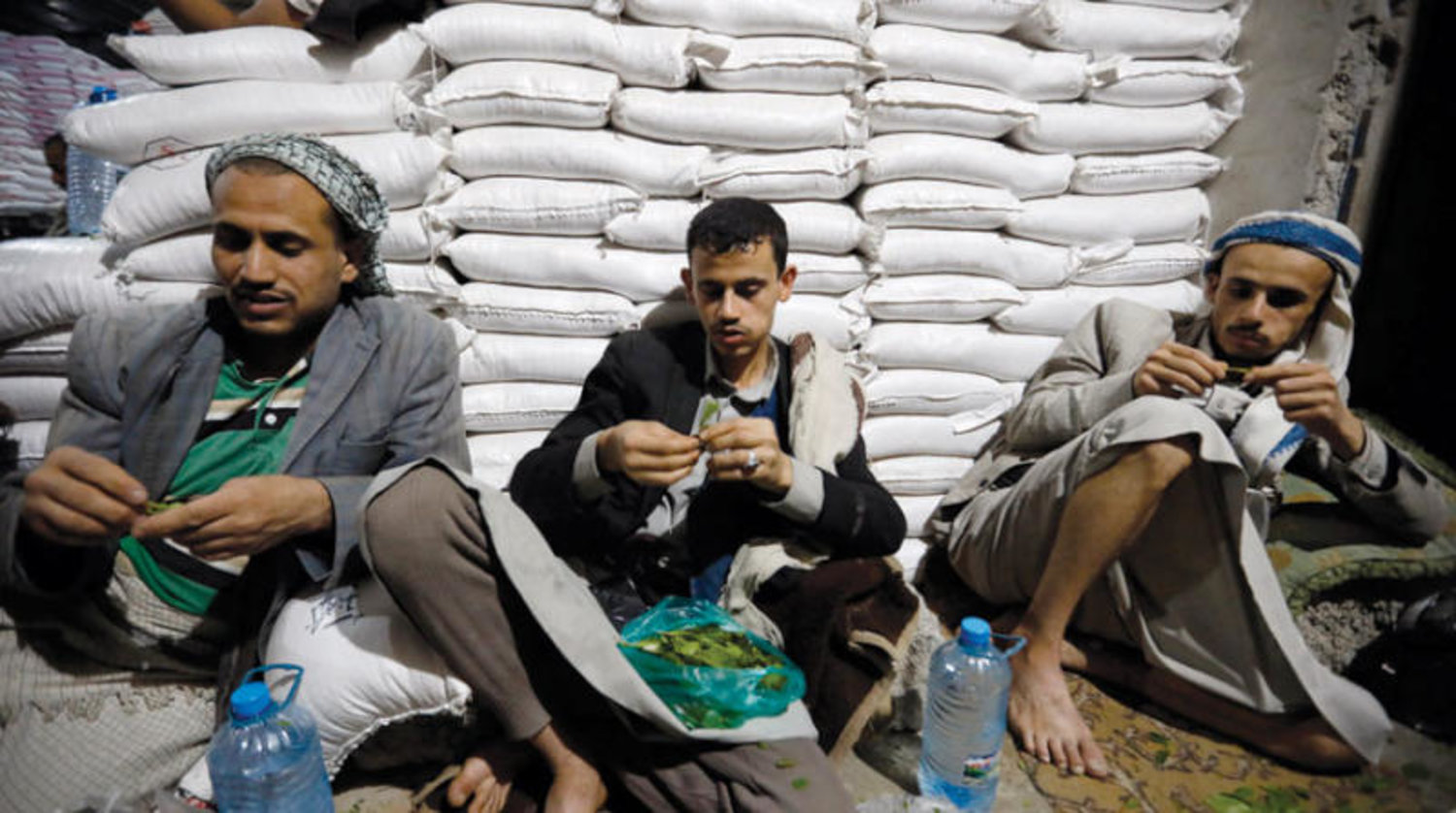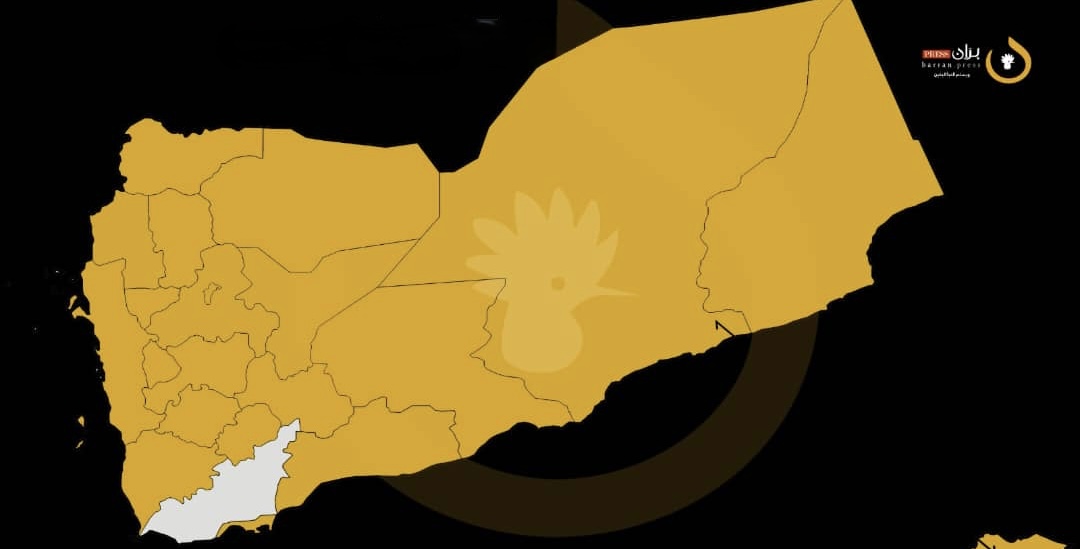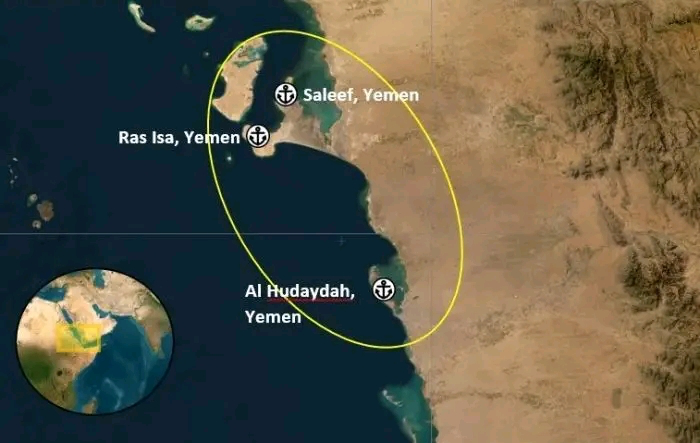
Barran Press
An international forum organized by the Countering Extremism Project (CEP) on Thursday, June 20, 2024, accused the Houthi group, internationally designated as a terrorist organization, of establishing a "sophisticated structure to exploit humanitarian aid for their purposes."
The forum, hosted online by the "Interim Electoral Council," featured the presentation of a "new and in-depth" report by the CEP titled "The Houthis' Diversion of Humanitarian Aid in Yemen."
The forum stated that despite receiving over $20 billion in international humanitarian aid over the past decade, the humanitarian situation in Yemen remains precarious. It attributed one of the causes of the protracted humanitarian crisis in Yemen to the "systematic diversion of aid by the Houthis on a large scale."
During the forum, former British Ambassador to Yemen, Edmund Fitton Brown, presented a working paper titled "Is Humanitarian Aid Helping Yemen?"
Brown, a senior advisor to the CEP, criticized the stance of international organizations and agencies towards Houthi interference, stating, "Unfortunately, they have faced only limited resistance from organizations funded for the express purpose of assisting the most vulnerable in Yemen."
He argued that reports concerning the delivery of aid by humanitarian organizations lack transparency, hindering efforts to counter the Houthis' diversion of humanitarian aid.
Brown expressed concern that the failure of humanitarian workers to conduct due diligence, address interference, or welcome scrutiny could undermine the entire enterprise.
Equally concerning, according to Brown, is the lack of scientific transparency and honesty in evaluating the aid delivery process by member states like the United Kingdom.
Brown stated that during his tenure as British ambassador to Yemen from 2015 to 2017, he witnessed firsthand the failures of many humanitarian workers.
He added, "It seems that the focus of the aid community in the UK is more on achieving targets and using budgets to avoid cuts in subsequent years, rather than ensuring effective and verified delivery to those most in need."
He continued, "My experience at the United Nations has revealed a spirit of bullying and avoidance of scrutiny or accountability. The prevailing approach insists that delivering humanitarian aid must take precedence over all other concerns."
Brown emphasized the need to avoid exaggeration. He said, "During our time in Yemen, we were repeatedly told that it was the most acute humanitarian crisis in the world, with claims that up to half the country's population was on the brink of famine. However, such dire predictions never materialized."
He stressed the importance of transparency, scrutiny, and effective evaluation as essential for maintaining public trust and ensuring the success of humanitarian efforts. He advocated for addressing shortcomings in due diligence processes and enhancing accountability within the humanitarian community and international organizations.
According to the British diplomat, the discourse surrounding the potential famine of 20 million Yemenis, driven by statistical illiteracy and cynical melodrama, contributes to donor fatigue. It also leads to a crucial, albeit painful, debate about whether authoritarian groups like the Houthis and the Taliban have learned to manipulate the international community to support their oppressive regimes.
He stated that the Houthis are "not a liberation movement, but an exceptionally vicious and violent group of criminals and thieves."
He called for a significant increase in the use of sanctions against violators of humanitarian aid and the Yemeni population as a whole. He emphasized the need to prioritize deterring Houthi aggression to achieve progress towards peace.
He also urged the redirection of humanitarian aid to ports controlled by the Yemeni government, as approaching ports controlled by the Houthis is unsafe.
He stated that, unlike the Houthis, people in government-controlled areas do not want to see their fellow citizens starve in Houthi-controlled areas. Therefore, this approach should be carefully considered.
The Countering Extremism Project (CEP) is a non-profit, non-partisan international political organization formed to combat the growing threat of extremist ideologies, according to the organization's definition.





